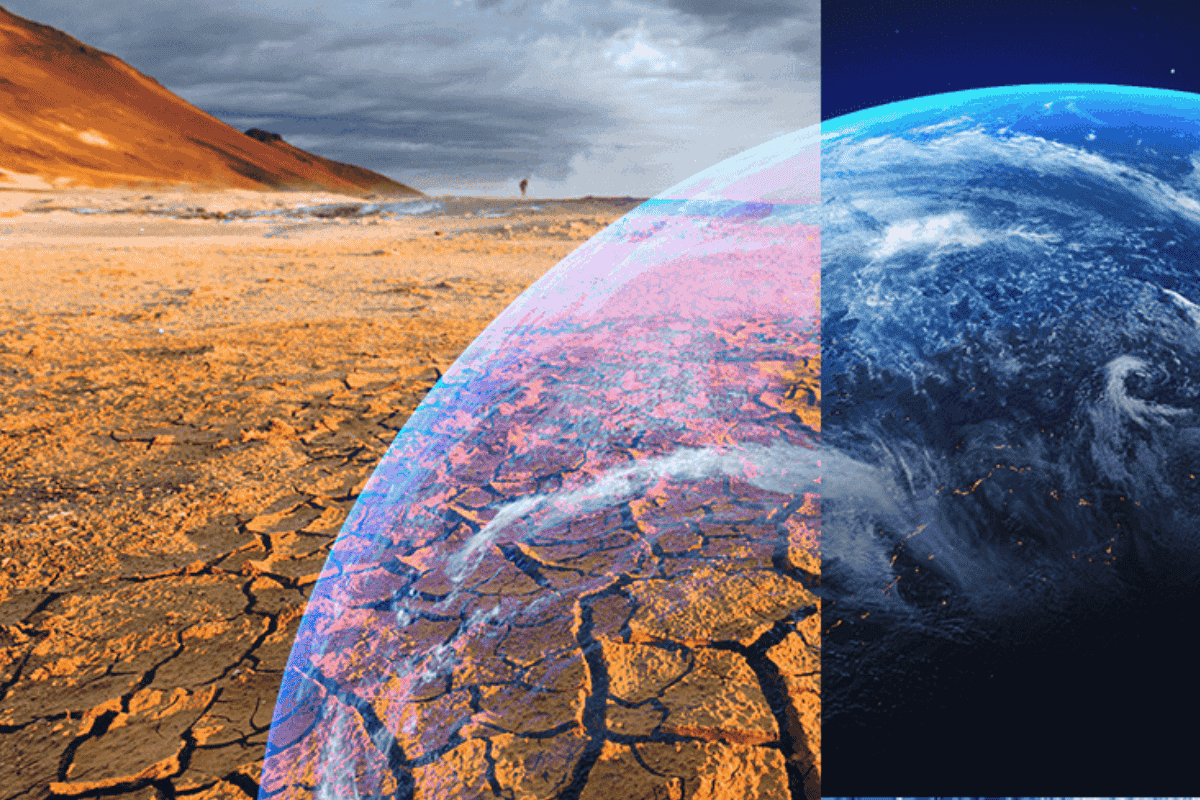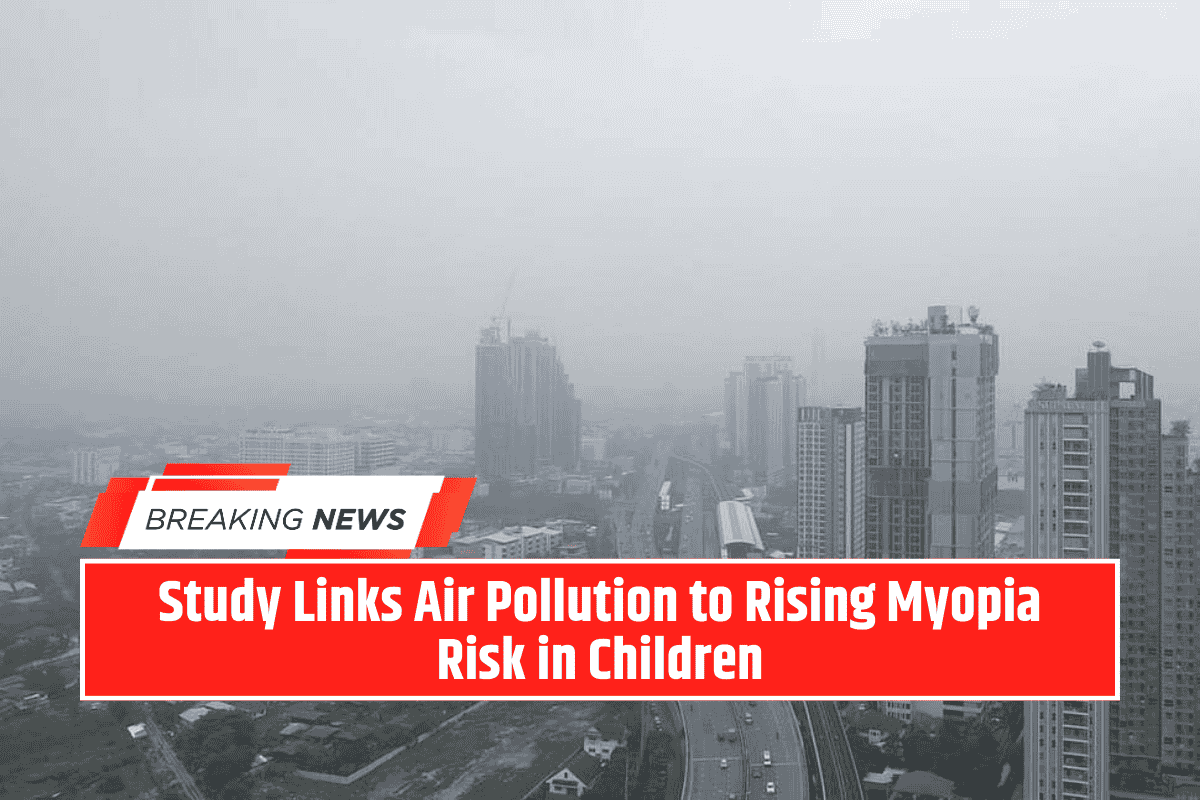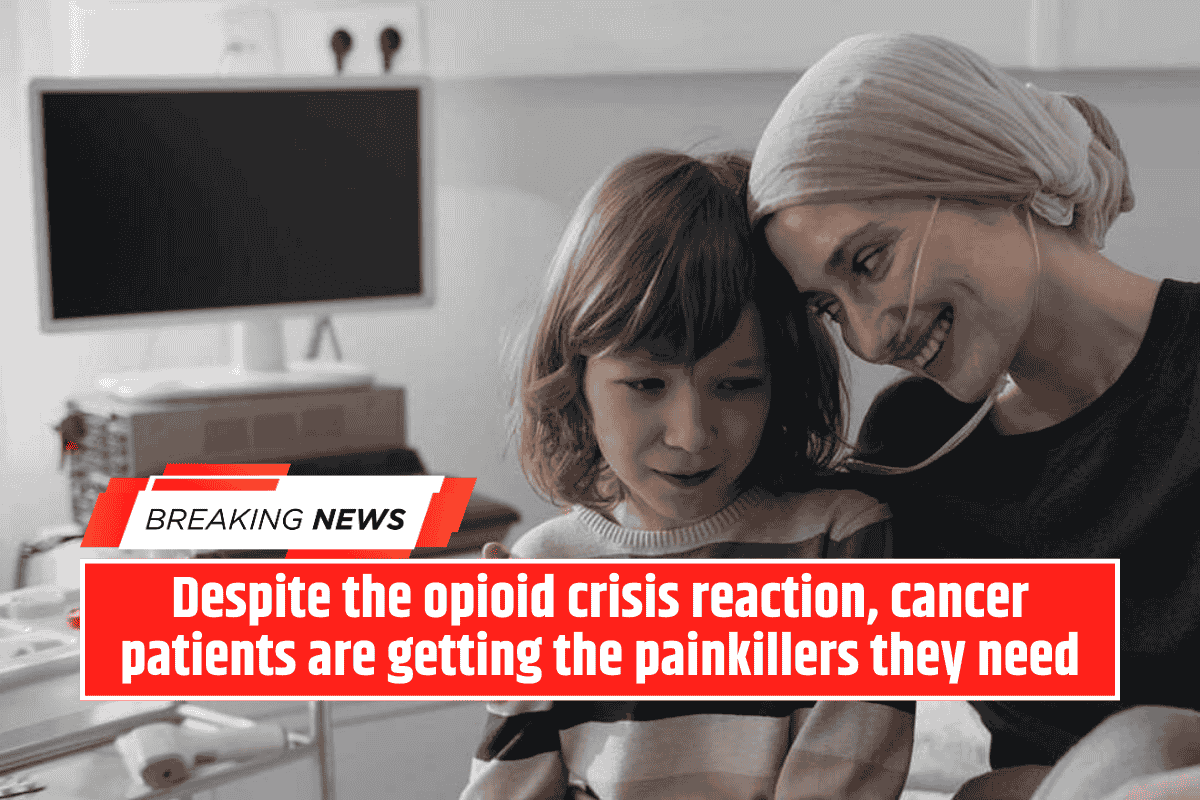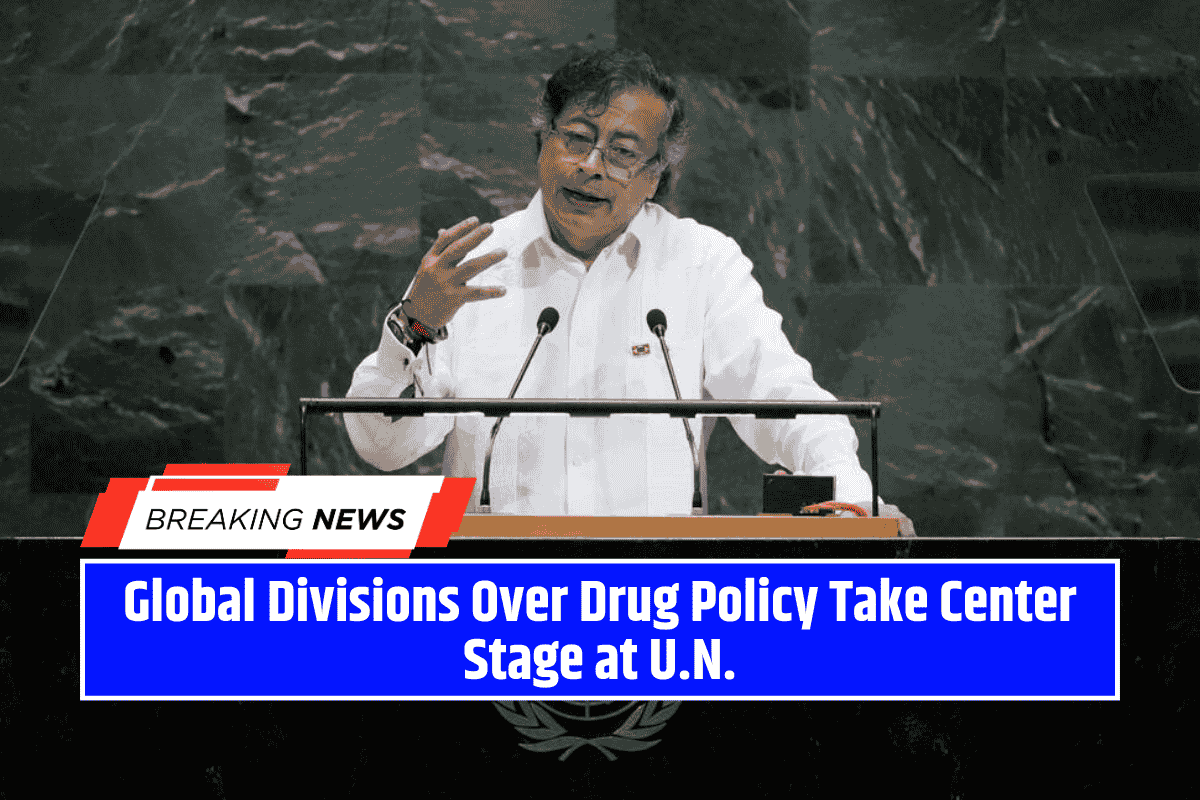Climate change is one of the most critical global issues affecting the environment, economy, and society. While much attention is given to rising temperatures and extreme weather events, the impacts on public health are equally concerning.
As the planet warms, human health is being directly and indirectly affected in numerous ways. From heat-related illnesses to the spread of infectious diseases, the consequences for public health demand urgent action and attention.
Rising Temperatures and Heat-Related Illnesses
One of the most visible effects of climate change is the rise in global temperatures. Cities such as Phoenix and New Delhi are experiencing increasingly frequent and intense heat events, which pose serious health risks.
High temperatures can lead to heat exhaustion, heatstroke, and dehydration, especially among vulnerable groups like the elderly, children, and those with preexisting health conditions. In regions where temperatures exceed 40°C (104°F), such as the Middle East and parts of Africa, these risks are heightened.
Furthermore, rising temperatures can worsen existing health conditions, particularly cardiovascular and respiratory diseases. For instance, individuals with heart disease are at an increased risk of heat-related complications.
The 2003 heatwave in Paris, which claimed thousands of lives across Europe, serves as a stark reminder of the dangerous health impacts of extreme heat. As the climate continues to warm, heatwaves are likely to become a growing public health threat.
Spread of Infectious Diseases
Climate change also plays a crucial role in the spread of infectious diseases, especially those transmitted by insects. As temperatures rise, the habitats of disease-carrying vectors like mosquitoes are expanding.
Areas previously unaffected by diseases such as malaria and dengue fever are now becoming susceptible. In regions like Sub-Saharan Africa, Southeast Asia, and South America, altered rainfall patterns and warmer temperatures are creating ideal conditions for the proliferation of mosquito populations, increasing the transmission of these diseases.
In addition to vector-borne diseases, climate change impacts waterborne illnesses as well. Frequent flooding, rising sea levels, and heavier rainfall contribute to the contamination of water supplies, facilitating the spread of diseases like cholera and dysentery.
Cities such as Jakarta and Dhaka, which are prone to flooding, face heightened risks as sanitation systems become overwhelmed, leading to outbreaks of infectious diseases.
Air Quality and Respiratory Problems
Climate change also affects air quality, with significant consequences for respiratory health. Urban areas with already high levels of pollution, like Los Angeles and Beijing, are seeing worsening air quality due to rising temperatures.
This creates conditions conducive to the formation of ground-level ozone, a harmful component of smog, which exacerbates respiratory issues like asthma and bronchitis.
Moreover, climate change increases the risk of wildfires, which release large amounts of particulate matter into the atmosphere. Cities such as San Francisco and Sydney, which frequently experience wildfires, are witnessing a surge in respiratory problems during wildfire seasons.
Prolonged exposure to poor air quality can also lead to long-term health conditions, including lung cancer and cardiovascular diseases.
Vulnerable Populations and Inequality
While climate change affects everyone, its impacts are not equally distributed. Vulnerable populations, including low-income communities, the elderly, and people living in regions with inadequate healthcare systems, face a disproportionate burden of climate-related health risks.
In cities like New Orleans and Miami, low-lying areas are at heightened risk from rising sea levels and extreme weather, but the poorest residents often lack the resources to effectively respond to these challenges.
Indigenous populations also face unique health threats due to climate change. For example, communities in the Arctic are witnessing the rapid melting of ice and shifts in ecosystems, which disrupt traditional lifestyles and increase exposure to diseases.
The loss of cultural practices and access to traditional medicines further exacerbates mental health challenges for these populations.
Climate Change Mitigation and Public Health
To address the public health impacts of climate change, both mitigation and adaptation strategies are essential. Mitigation efforts, such as reducing greenhouse gas emissions and transitioning to renewable energy, are critical for curbing the long-term effects of climate change.
Cities like Copenhagen and Vancouver are at the forefront of adopting green infrastructure, which not only reduces carbon emissions but also strengthens urban resilience.
Adaptation efforts are also necessary to safeguard public health. Strengthening healthcare systems, improving disease surveillance, and developing early warning systems for extreme weather events are key strategies.
Cities like Tokyo and London are leading the way in building climate-resilient health systems, ensuring they are better prepared to handle the public health challenges posed by a changing climate.
The public health impacts of climate change are clear and require immediate attention. As global temperatures continue to rise, the risks to human health will become even more pronounced, with effects ranging from heat-related illnesses to the spread of infectious diseases.
By prioritizing climate action and investing in public health infrastructure, societies can reduce the worst effects of climate change and protect vulnerable populations. It is critical that we act now, as the window to protect global health in the face of climate change is quickly closing.









